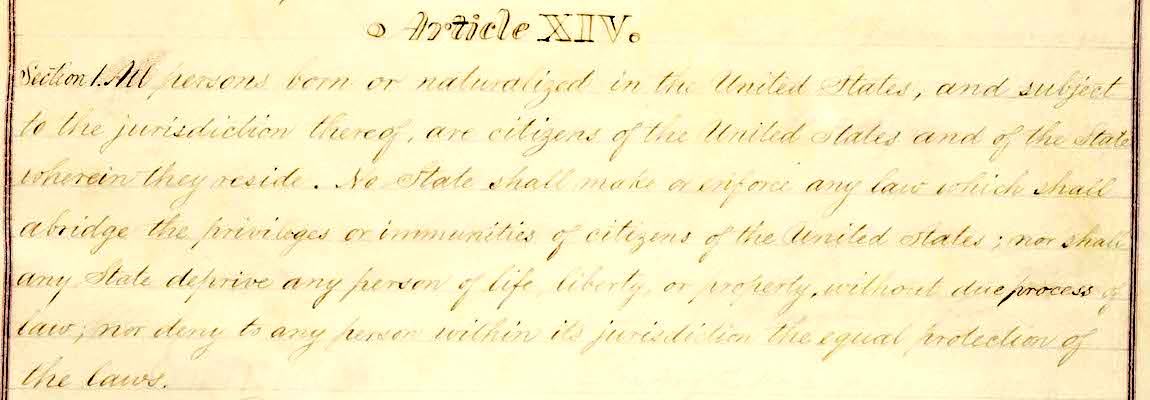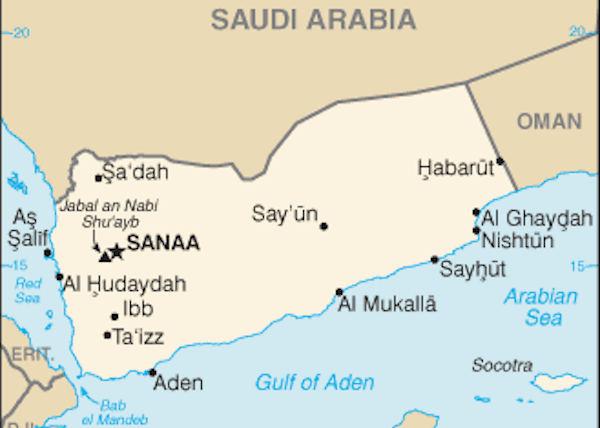Statistics and analysis compiled for and by The Globalist Research Center.
In the second quarter of 2015, the homeownership rate among U.S. households reached a new recent low of 63.4%, according to the U.S. Census Bureau. This was the lowest reported rate since 1967!
Homeownership in the United States had reached an all-time high of 69.2% in 2005, two years before the housing bubble burst in late 2007. Following the recession, prospective buyers shifted instead into renting. Growth in the rental market — approaching record occupancy levels in many areas of the country — is one of the factors driving down the share of homeowners in the overall pool of households.
At the same time, U.S. home buying and home prices have actually increased recently. But that demand has largely come from institutional investors, speculators, and foreign buyers. This makes it harder for ordinary homebuyers, especially in the youngest generation of would-be first-time buyers, to break into the market.
For comparison to some other major economies’ homeownership rates, about 53% of German households own their homes, 73% of Italian households own their homes, and 90% of Chinese households own their homes. The global average, however, is slightly below the latest U.S. homeownership rate.
But not all homeowners are created equal. In Romania, 95.6% of households own their own homes as of 2013 — the highest ownership rate of any EU country. And eight of the ten EU member countries with the highest rates of homeownership are all former Warsaw Pact or Soviet states. (Another is ex-Yugoslavian.) The ownership level is similar in Russia itself, where 84% of housing was owner-occupied as of 2010. All of this is at least partially related to rapid housing privatizations in the early 1990s. However, there are concerns that many of the homes in those countries, constructed in the suburbs and countryside during the Communist era, might not hold up much longer. Little new construction occurred in the decade after 1991. This could potentially put much of the housing stock in jeopardy and add major stress to those already relatively poor European nations.
Homeownership promotion has long been a goal of U.S. public policy — maybe because of its cultural association with early American colonists, homesteading pioneers, and the American Dream. Today its promoters seek to encourage building up equity and to ensure a steady need for jobs in the construction industry. The George W. Bush Administration, for example, promoted what it called an “ownership society.”
The general idea (in theory, at least) is that when people living in a home-owning household reach retirement age, the equity they have in their residence can provide a major source of funds to finance their retirement.
Home-owning households are generally wealthier, as least on paper, because a residence is often their largest asset. However, that asset is usually not a readily accessible source of cash.
Moreover, more than two-thirds of American homeowners in 2014 had mortgages on their homes. Homeownership is far less associated with debt in China, for example, than it is in the United States. Taking out a mortgage to buy a property is very uncommon in that country, barely reaching double-digits as a percentage share of homeowners in 2010.








